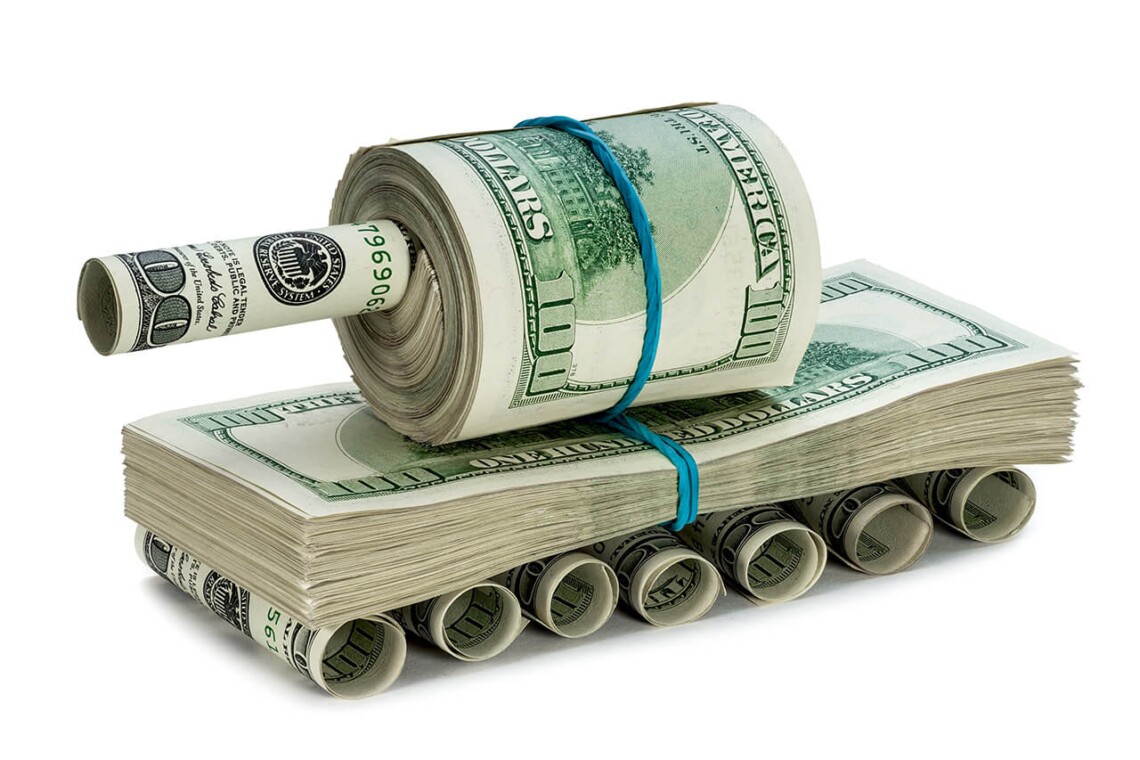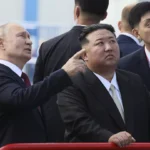Russia’s recently announced tax increase is almost certainly intended to finance growing financial obligations, including the war in Ukraine. This was reported by the UK Ministry of Defence, citing intelligence data.
War Financing
It is expected that the tax changes in 2025 will provide additional revenues to the Russian budget of around 2.6 trillion rubles (29 billion US dollars). The corporate tax rate will increase from 20% to 25%, and additional levies will be introduced under the new tax system. The maximum income tax rate in Russia will increase from 15% to 22%, according to the summary.
Increase in State Expenditures
Intelligence experts believe that the additional income, primarily obtained through the increase in the corporate tax, will likely be used to finance rising state expenditures. Forecasted, the state expenditures of Russia will increase by approximately 15% compared to 2023, but are likely to continue increasing. “The increase in expenditures is likely to continue in 2025, as expenditures on defense are likely to grow alongside social and infrastructure expenditures,” the UK Ministry of Defence noted.
Impact on the Economy
Analysts write that increasing the tax burden on businesses will likely limit future investments and growth in non-military sectors. “Russia’s economic growth is most likely sustained by high state investments in military sectors of the economy. However, investments in non-military sectors are likely to stagnate,” the report said. Additionally, military sectors are highly likely to monopolize a significant portion of available labor resources in Russia. According to intelligence representatives, additional costs for businesses will likely restrict further private investments in non-military sectors of Russia.
New Sanctions
Great Britain has imposed 50 new sanctions against Russia. The new restrictions will affect so-called “wings” of the Putin regime, the Moscow Stock Exchange, the National Clearing Center, and the National Settlement Depository. The West hopes that this will have an effect that has not been achieved from previous sanction activities.
Unwanted Delays
It is also worth noting that the new sanctions against Russia were supposed to be introduced at the beginning of the G7 summit on Thursday, June 13, but Germany was unable to reach timely agreement on the restrictions. The delay in decision-making once again plays into the hands of the aggressor, helping them in the meantime to refine and build new ways of financing the war in Ukraine.

